List of Prime Ministers of India -1947 to 2024

India, the world’s largest democracy, has seen a dynamic and diverse range of leaders who have held the office of the Prime Minister. Since gaining independence in 1947, the nation has been steered by these leaders through periods of growth, challenges, and significant transformations.
Here’s indepth information about the Prime Ministers of India, their tenures, and their contributions to the nation. List of Prime Ministers of India -1947 to 2024
1. Jawaharlal Nehru: The Prime Minister of India (1947-1964)

Jawaharlal Nehru was the first Prime Minister of India and a central figure in Indian politics both before and after independence. He was a senior leader of the Indian National Congress and a pivotal figure in the Indian independence movement. 7/22/24, 2:04 PM List of Prime Ministers of India -1947 to 2024
Contributions:
- Established a parliamentary system of government.
- Promoted scientific and industrial advancement.
- Emphasized secularism and social reforms.
- Played a crucial role in the Non-Aligned Movement.
2. Lal Bahadur Shastri: The Prime Minister of India (1964-1966)

Lal Bahadur Shastri succeeded Nehru and served as the Prime Minister until his sudden death in 1966. He was known for his simplicity, humility, and dedication.
Contributions:
- Promoted the White Revolution, a national campaign to increase the production and supply of milk.
- Gave the slogan “Jai Jawan Jai Kisan” to boost the morale of soldiers and farmers.
- Led India during the 1965 war with Pakistan.
3. Indira Gandhi: The PM of India (1966-1977, 1980-1984)

Indira Gandhi, the daughter of Jawaharlal Nehru, served as the Prime Minister in two non-consecutive terms. She was the first and, to date, the only female Prime Minister of India.
Contributions:
Nationalized banks to ensure wider distribution of credit.
Led India to victory in the 1971 war against Pakistan, resulting in the creation of Bangladesh.
Implemented the controversial Emergency from 1975 to 1977, which led to significant political and social changes.
Launched the Green Revolution to make India self-sufficient in food grains.
4. Morarji Desai: The Prime Minister of India (1977-1979)

Morarji Desai was a significant figure in Indian politics and served as the Prime Minister of India from 1977 to 1979. His tenure marked a period of political transition and change, coming immediately after the controversial Emergency period imposed by Indira Gandhi. Morarji Desai's tenure as Prime Minister was a crucial period in India's political history.
His leadership marked the end of the Emergency era and a return to democratic governance. Despite facing numerous challenges, his contributions to decentralization, economic reforms, and his advocacy for nuclear disarmament are significant.
Morarji Desai remains an important figure in India's journey as a democratic nation, and his legacy continues to be remembered in the context of Indian political history.
Contributions:
- Promoted a policy of decentralization and supported state autonomy.
- Improved relations with neighboring countries, including China and Pakistan.
- Repealed several Emergency-era laws and ordinances.
5. Charan Singh: The PM of India (1979-1980)
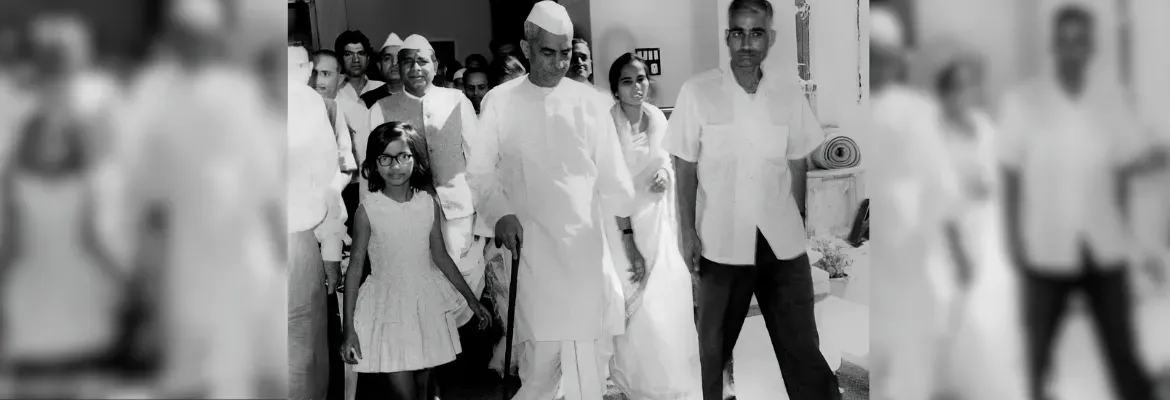
Charan Singh, a prominent leader in Indian politics, served as the Prime Minister of India for a brief period from 1979 to 1980. His tenure, though shortlived, is notable for his commitment to the agrarian sector and his focus on the welfare of farmers. Charan Singh's tenure as Prime Minister may have been brief, but his contributions to Indian politics and his advocacy for farmers' rights are enduring.
His focus on agrarian issues and rural development highlighted the importance of addressing the needs of the farming community in India's socioeconomic framework.
Charan Singh remains an iconic figure in Indian political history, celebrated for his dedication to the agrarian cause and his efforts to bring about meaningful change in the lives of farmers.
Contributions:
- Focused on the welfare of farmers and rural development.
- His government did not last long enough to make significant policy changes.
6. Rajiv Gandhi: The Prime Minister of India (1984-1989)

Rajiv Gandhi, the son of Indira Gandhi, became the Prime Minister after her assassination. He is the youngest Prime Minister of India, served from 1984 to 1989. He is remembered for his efforts to modernize India, promote technology, and bring about significant economic reforms. His tenure marked a period of transition, aiming to steer India into a new era of development and modernization.
Contributions:
- Promoted technological advancements and modernization.
- Launched the telecommunications revolution.
- Focused on reducing bureaucratic red tape.
- Initiated the Panchayati Raj reforms to decentralize governance.
7. Vishwanath Pratap Singh: The PM of India (1989-1990)
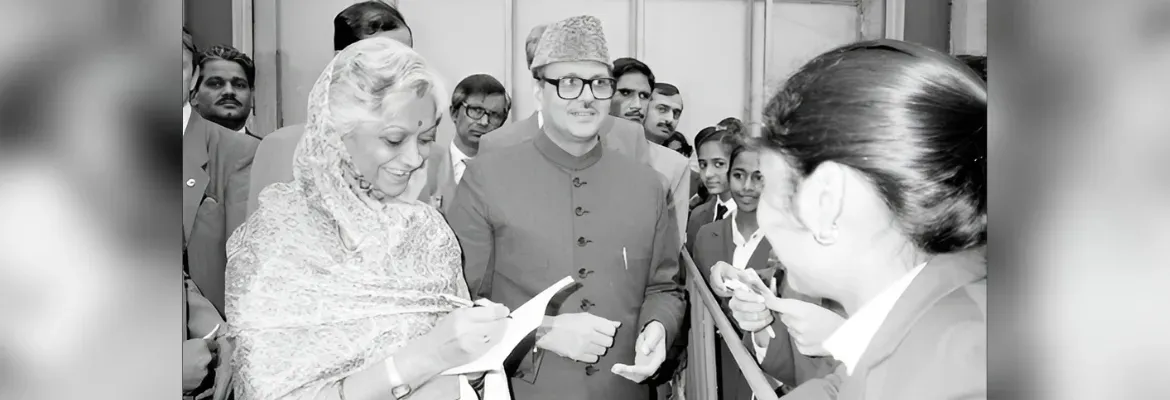
Vishwanath Pratap Singh, a former Congress leader, became the Prime Minister leading the National Front coalition. Vishwanath Pratap Singh, commonly known as V.P. Singh, served as the Prime Minister of India from December 2, 1989, to November 10, 1990.
His tenure, though brief, was marked by significant social and political changes, particularly his focus on social justice and his efforts to tackle corruption.
Contributions:
- Implemented the Mandal Commission report, which recommended reservations for Other Backward Classes (OBCs) in government jobs and educational institutions.
- Focused on social justice and equality.
8. Chandra Shekhar (1990-1991)

Chandra Shekhar, known as the "Young Turk" for his progressive ideas, led a minority government for a brief period. Chandra Shekhar, a veteran Indian politician, served as the Prime Minister of India from November 10, 1990, to June 21, 1991.
Known for his straightforwardness and commitment to socialist principles, his brief tenure was marked by political turbulence and economic challenges.
Contributions:
- His tenure was marked by economic challenges and political instability.
- Took measures to stabilize the economy during a time of crisis.
9. P. V. Narasimha Rao (1991-1996)

P. V. Narasimha Rao is often credited with ushering in economic liberalization in India. His tenure marked a significant turning point in Indian economic history. Pamulaparthi Venkata Narasimha Rao, widely known as P. V. Narasimha Rao, served as the Prime Minister of India from 1991 to 1996.
His tenure is often credited with transforming India’s economy through landmark reforms and steering the country through a period of significant change.
Contributions:
- Implemented wide-ranging economic reforms to liberalize the Indian economy.
- Opened up India to global trade and investment.
- Launched policies to boost the Information Technology sector.
10. Atal Bihari Vajpayee (1996, 1998-2004)
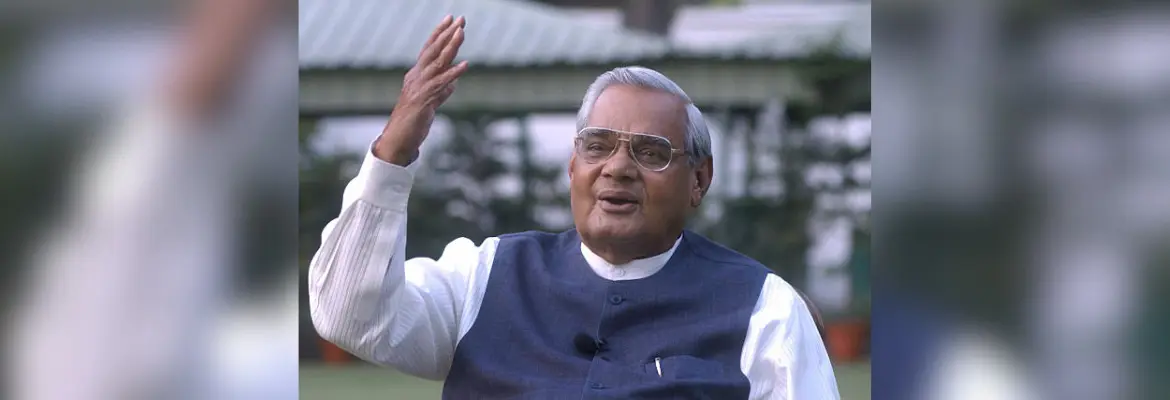
Atal Bihari Vajpayee, a senior leader of the Bharatiya Janata Party (BJP), served as the Prime Minister in three terms. He was known for his eloquence and statesmanship.
Contributions:
- Conducted nuclear tests in 1998, making India a nuclear power.
- Launched the Golden Quadrilateral project to improve road infrastructure.
- Promoted economic reforms and policies to boost growth.
11. H. D. Deve Gowda (1996-1997)

Haradanahalli Doddegowda Deve Gowda, commonly known as H. D. Deve Gowda, served as the Prime Minister of India from June 1996 to April 1997. A seasoned politician with deep roots in the agrarian politics of Karnataka, Gowda's tenure as Prime Minister was characterized by efforts to foster regional development and manage a coalition government.
Contributions:
- Focused on agricultural development and rural welfare.
His government was marked by coalition politics and compromises.
12. Inder Kumar Gujral: The Prime Minister of India (1997-1998)

Inder Kumar Gujral served as the Prime Minister of India from April 1997 to March 1998. Known for his diplomatic acumen and the "Gujral Doctrine," his tenure was marked by efforts to improve relations with India’s neighbors and ensure stability in a coalition government.
Despite facing challenges of political instability and a short tenure, Gujral’s contributions to India’s foreign policy and democratic values continue to be remembered and respected.
His emphasis on building trust and goodwill with neighboring countries remains a significant aspect of India's diplomatic history.
Contributions:
- Promoted friendly relations with neighboring countries.
- Advocated for a non-interventionist foreign policy.
13. Manmohan Singh: The Prime Minister of India (2004-2014)
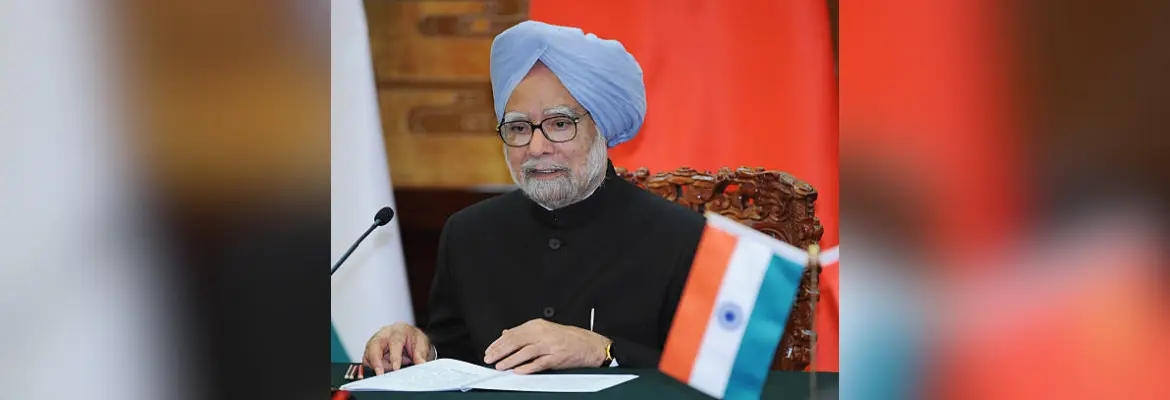
Dr. Manmohan Singh served as the Prime Minister of India from 2004 to 2014, leading the country through a decade of significant economic and social change. An economist by profession, Singh is often credited with liberalizing India's economy in the 1990s. As Prime Minister, he continued to implement policies aimed at economic growth and social development while facing numerous challenges.
Contributions:
Continued economic liberalization and reforms. Introduced the Right to Information Act. Launched the National Rural Employment Guarantee Act (NREGA). Played a key role in the India-US nuclear deal.
14. Narendra Modi: The Prime Minister of India (2014-present)
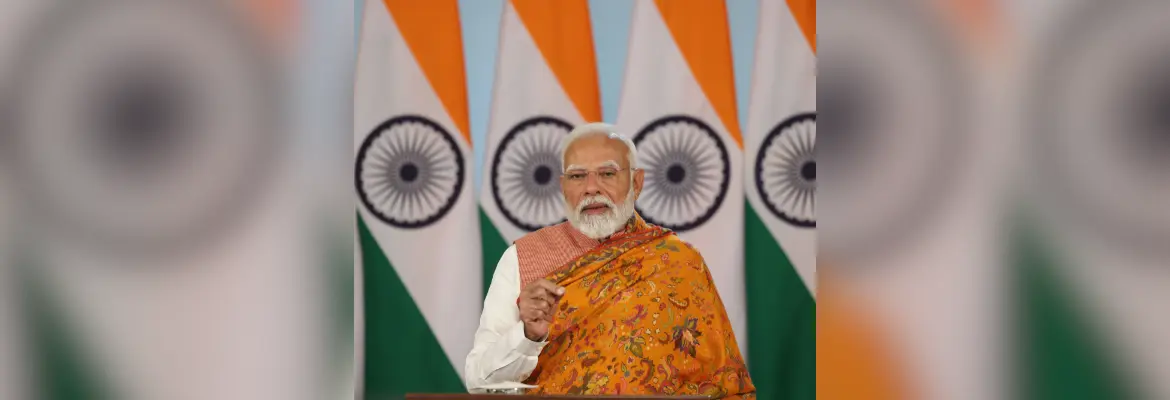
Narendra Modi, the current Prime Minister, has been in office since 2014. His leadership has been marked by a strong focus on economic reform, national security, and social welfare programs.
Narendra Modi has been a transformative leader whose policies and governance style have significantly impacted the nation's trajectory. Known for his strong leadership, economic reforms, and efforts to enhance India's global stature, Modi's tenure has been marked by a mix of commendation and controversy.
Contributions:
- Launched the Make in India initiative to boost manufacturing.
- Implemented the Goods and Services Tax (GST) to streamline the tax system.
- Introduced the Pradhan Mantri Jan Dhan Yojana for financial inclusion.
- Led significant infrastructure projects such as the development of smart cities. Focused on digital initiatives like Digital India and Start-up India.
Conclusion
The role of the Prime Minister in India is pivotal in shaping the country's policies, governance, and international relations. Each Prime Minister has left a unique mark on the nation, navigating through complex socio-economic and political landscapes.
From Jawaharlal Nehru's foundational policies to Narendra Modi's contemporary reforms, the office of the Prime Minister has continually evolved, reflecting the changing aspirations and challenges of the Indian populace.
India's democratic framework ensures that the leadership is accountable to the people, and the diverse backgrounds and ideologies of its Prime Ministers underscore the vibrancy of its democracy. As India continues to grow and evolve on the global stage, the legacy and contributions of its Prime Ministers will remain a testament to the nation's resilience and dynamism. Also read: List of Presidents of India


